Have you ever posted a pic you and your buds chilling at a gas station, showing off the new Chevy Camaro you just bought with your own money? Within minutes, the comments start popping up and one catches your eye— “Why’d you spend your money on that?!? That car sucks!”
Within seconds, your entire mood and vibe changes.
A friend of mine was recently affected by a negative comment about a brand new car that he’d spent months saving up to buy. He didn’t even know the commenter. You would think that it wouldn’t bother him because, after all, he didn’t even know the guy, but it did.
For days, these comments consumed him and was the only thing he could talk about.
“I was really excited to show people what was happening in my life,” my friend said (he preferred to remain anonymous). “But the amount of negativity I received was really strange. I laughed it off at first but these comments really messed my mind up.”
Many people write comments on social media that they would not make face-to-face. Their anonymity encourages them, but this behavior can mess with someone’s mental state.
According to TechTarget, social media was initially created to help connect people, share ideas, and keep people updated on recent news. However, many now use it to attack and judge others. For those targeted, these attacks can cause anxiety, stress, and self-doubt, and these experiences can have a lasting impact on an individual’s well-being.
Even celebrities like Simone Biles and NBA player Demar DeRozan had to step away from the things they love, largely due to internet commentary and social distress, to focus on their mental health.These celebrities are human, just like you and me.
Another recent example of an athlete being ridiculed on social media can be seen in a recent Instagram post on ESPN, celebrating the UCONN Huskies’ winning March Madness.
Some comments were positive and celebratory, while others took to the opportunity to spread negativity directed at the opposition’s star player, Zach Edey.
“Foul merchant Zach Edey, finally played a team with a real big man and got exposed,” one Twitter poster said. And another added, “When Edey loses, America wins.”
Ironically, Zach Edey had 37 points in the tournament’s final, and people should have praised his efforts, not condemned them. Still, unfortunately, Edey found himself at the center of a firestorm of hate comments due to his play style, height, tendency to go to the foul line, or appearance.
It’s hard to speculate on the direct impact the hate comments had on Edey, but these comments made me feel bad for him. They made me think about my friend and the impact comments like these may have on this next generation of kids growing up with apps like Instagram, Snapchat, and TikTok. They made me wonder how young people can best deal with negative hate comments.
Unfortunately, we can’t stop hate comments; no matter how many people or accounts are banned, there will always be more. Just like athletes can’t do enough to satisfy some fans, social media will never be able to remove all the anonymous trolls and negative commenters.
If we consider the importance of the comments, and question: “Do they actually matter,” particularly if you don’t know the commenter, the truth is they really don’t. If dealing with bad comments becomes too difficult or distressing, try seeking support by talking to family, friends, colleagues, or moderators for advice. Sometimes, talking about it can put the issue into perspective.
Don’t be that person who adds to the cesspool of negativity just for the sake of it. And remember, this doesn’t have to be our new norm online; we can each make a difference by considering our actions.
5


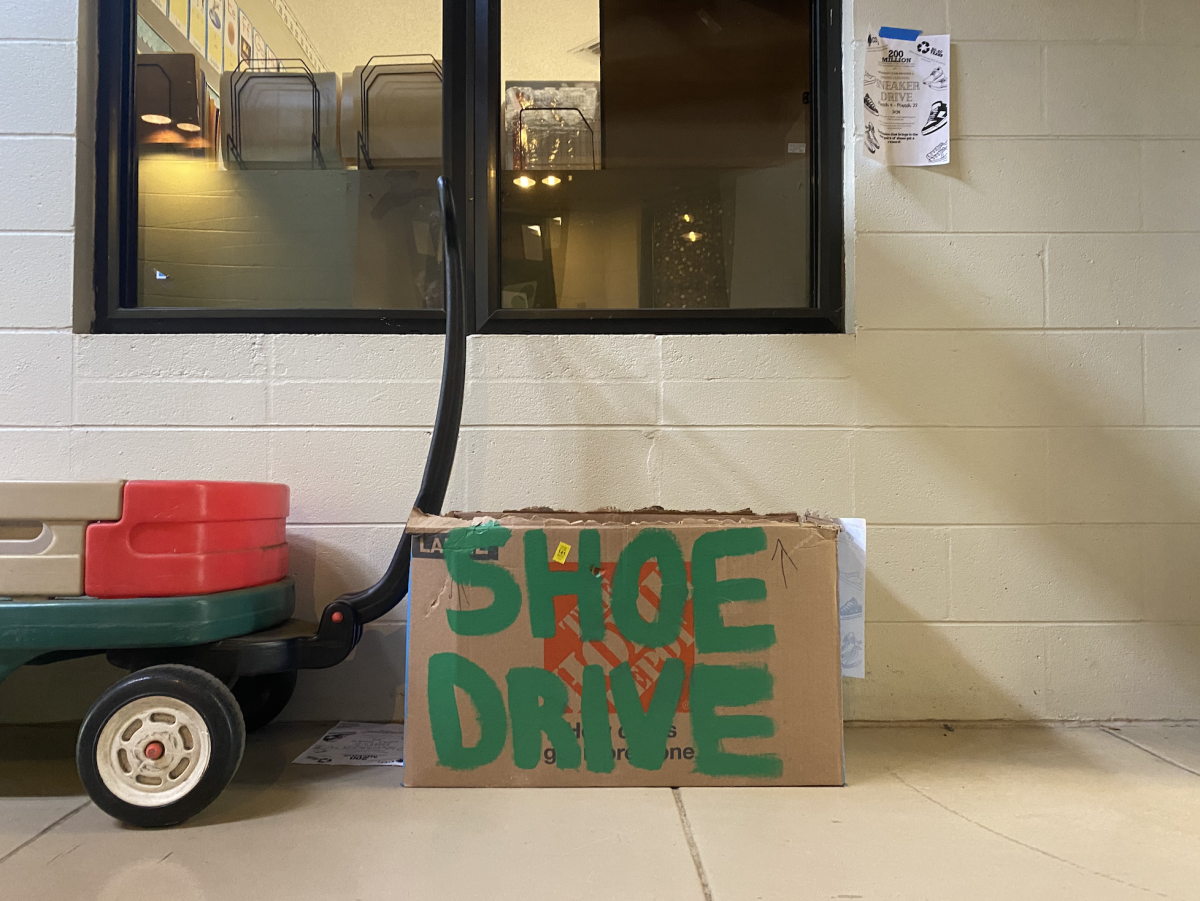
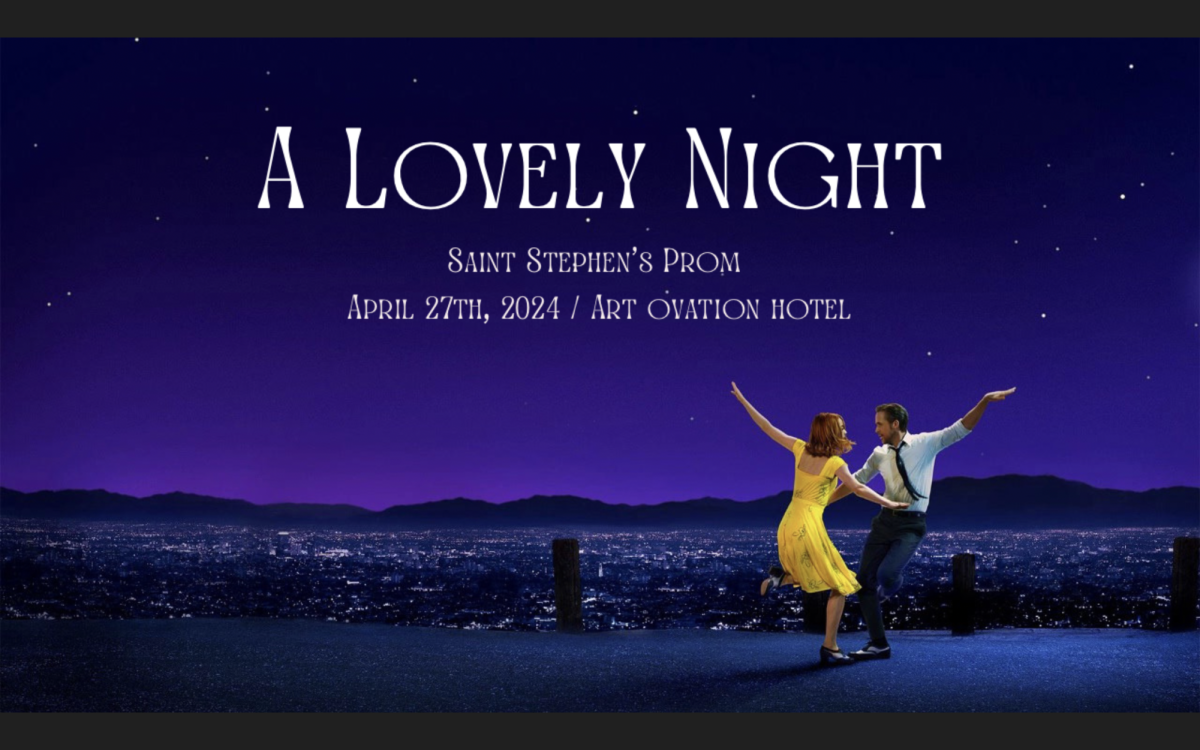
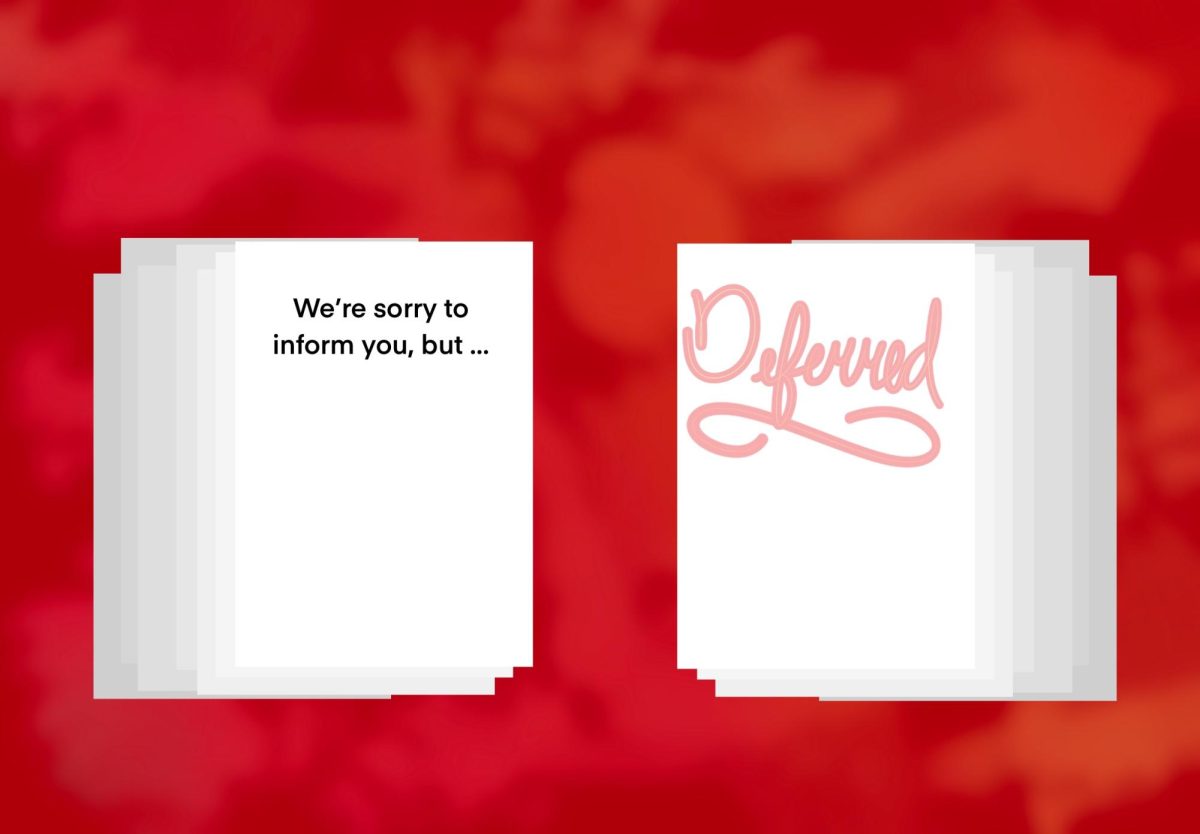
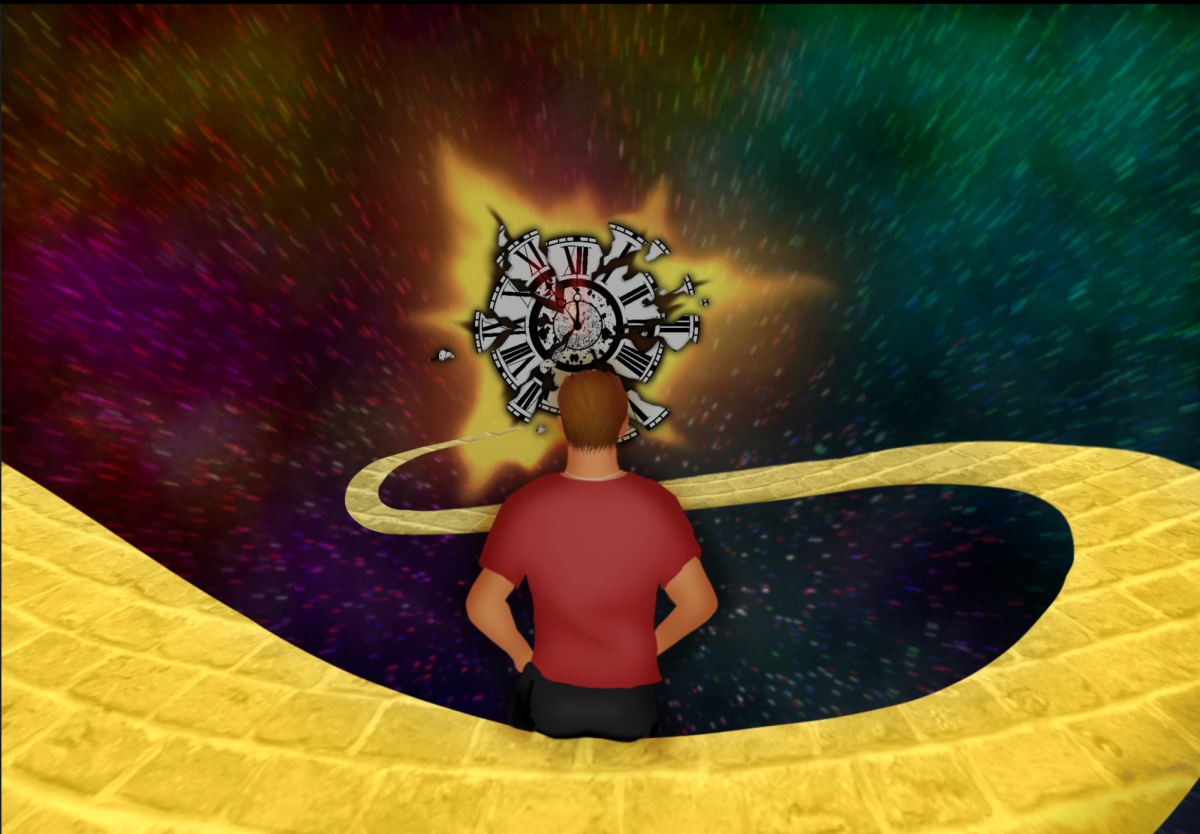


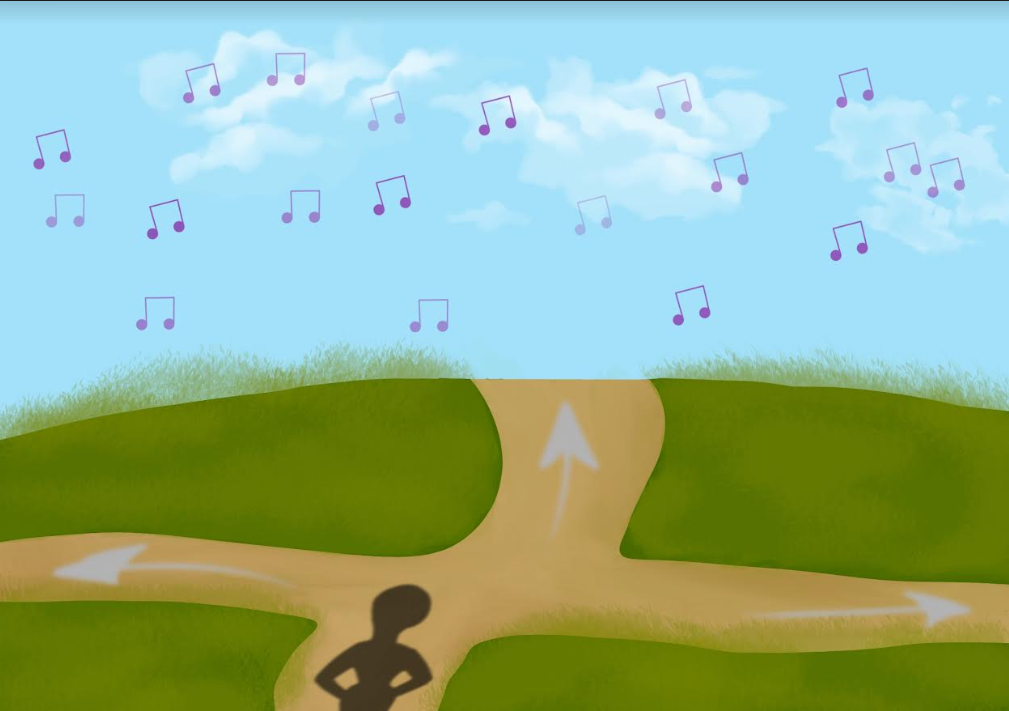

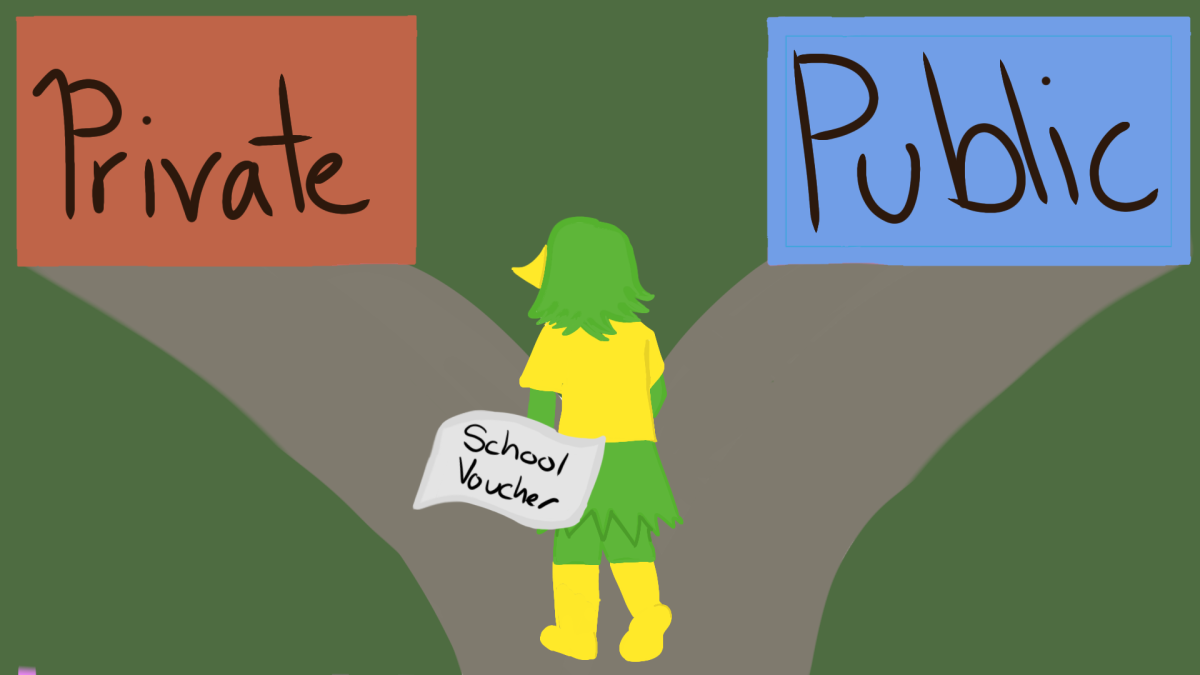
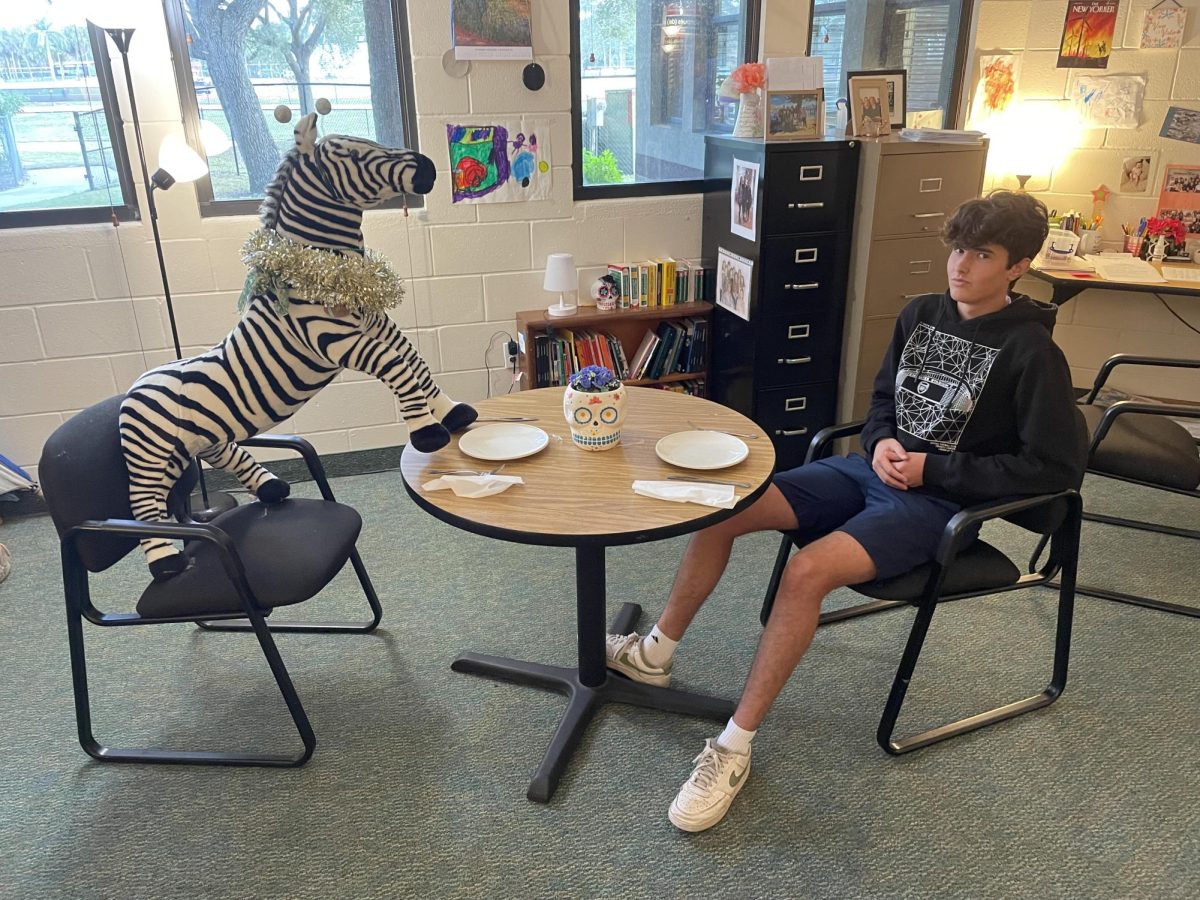



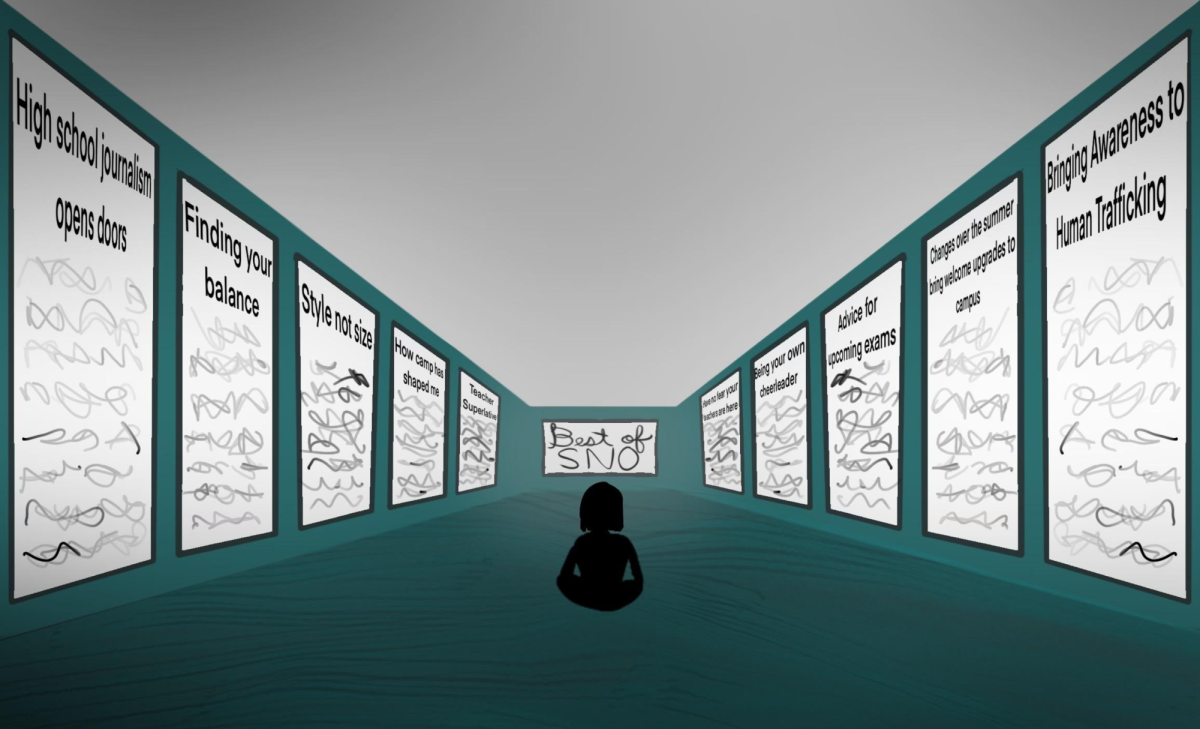

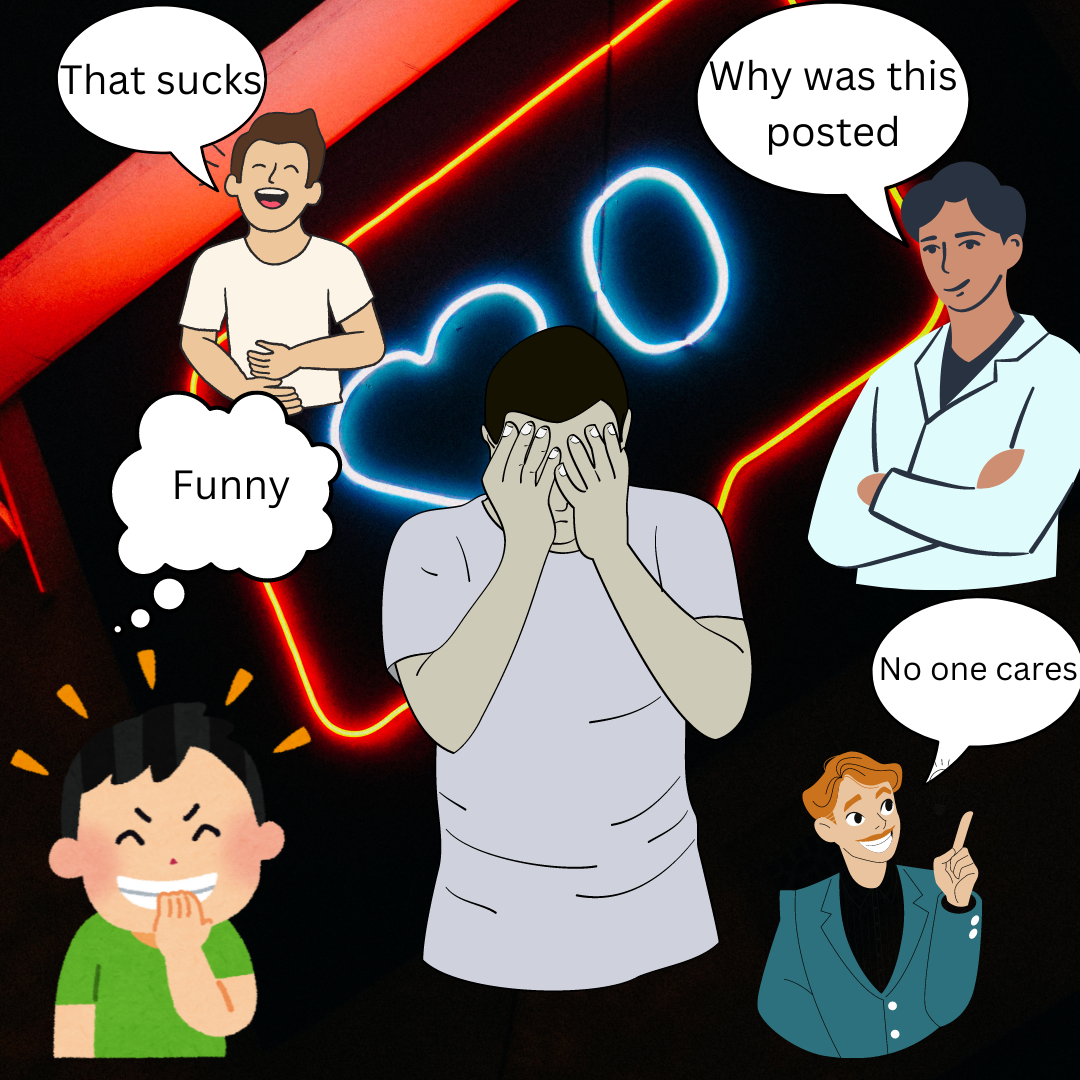





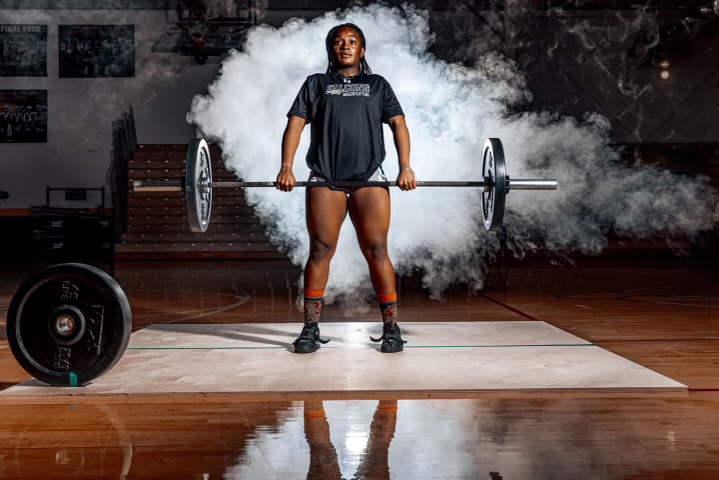









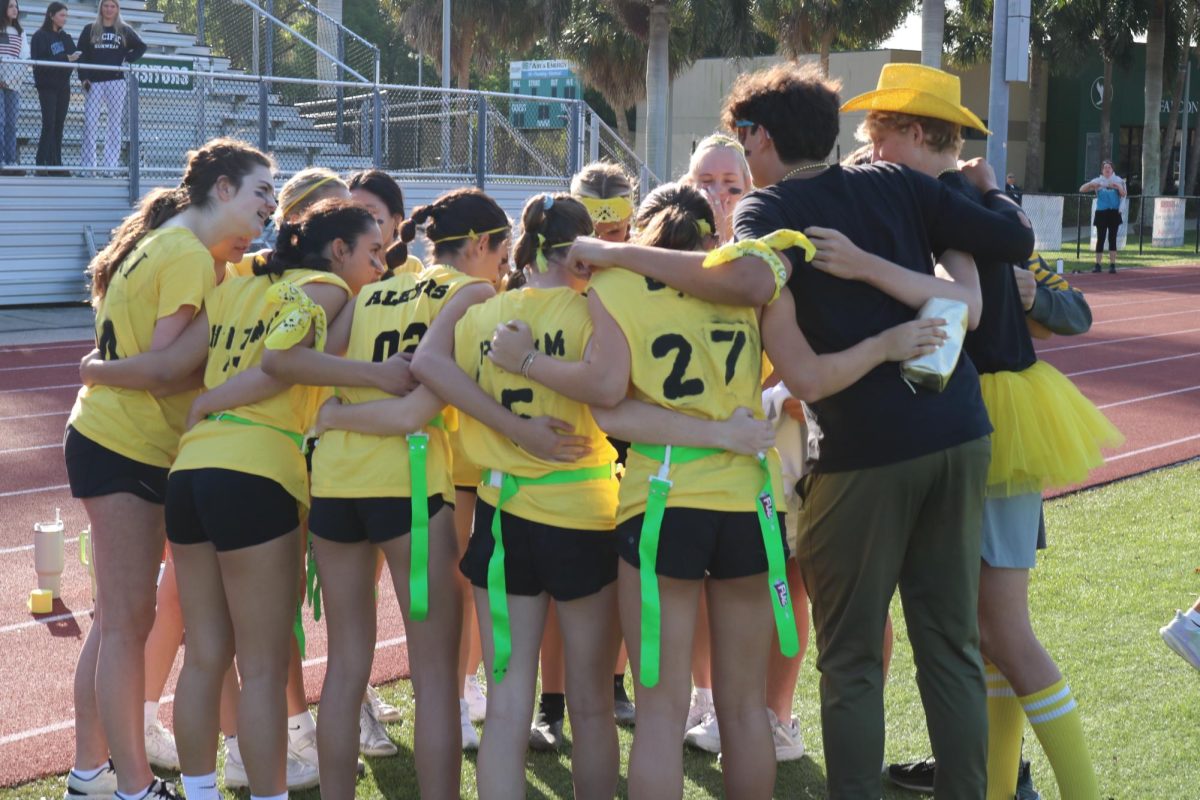












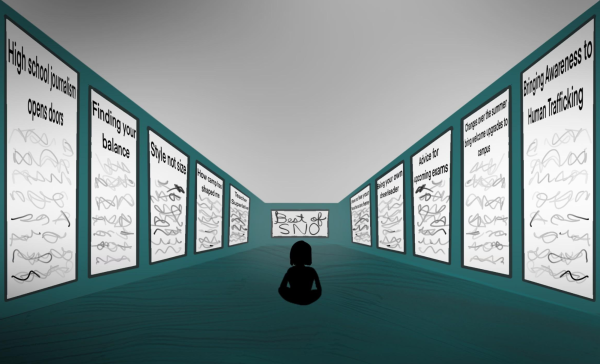

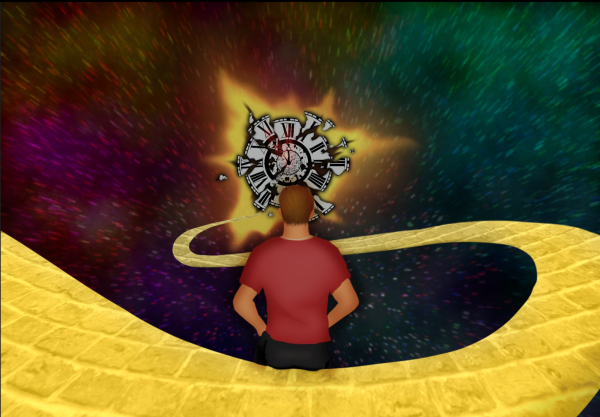



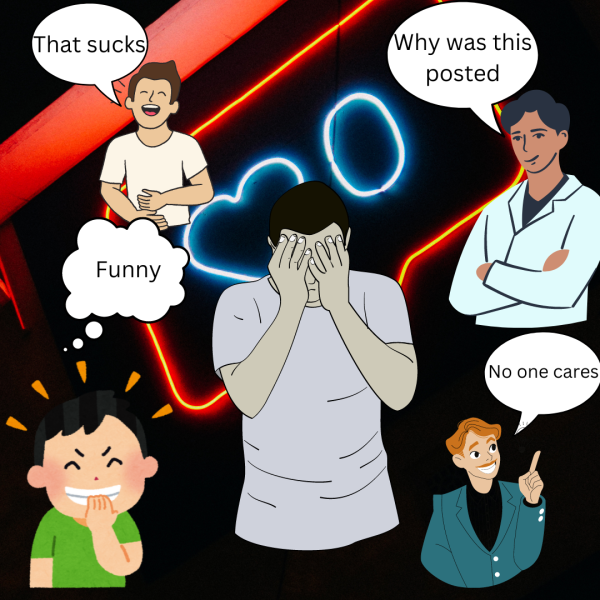



I • May 9, 2024 at 7:02 am
Great article, written with compassion and a sense duty to expose poor behaviour is unacceptable.
Deanna • May 8, 2024 at 11:53 am
Right on Jackson! Your well expressed thoughts and feelings are right on the mark. Adults as well as the Gen Z generation can learn from your article. Thank you for speaking up and pointing out the negativity that is perpetuated by social media. Your positive perspective should be accentuated on social media. I sure your Mother, whom I worked with in CT, “is very proud of you!